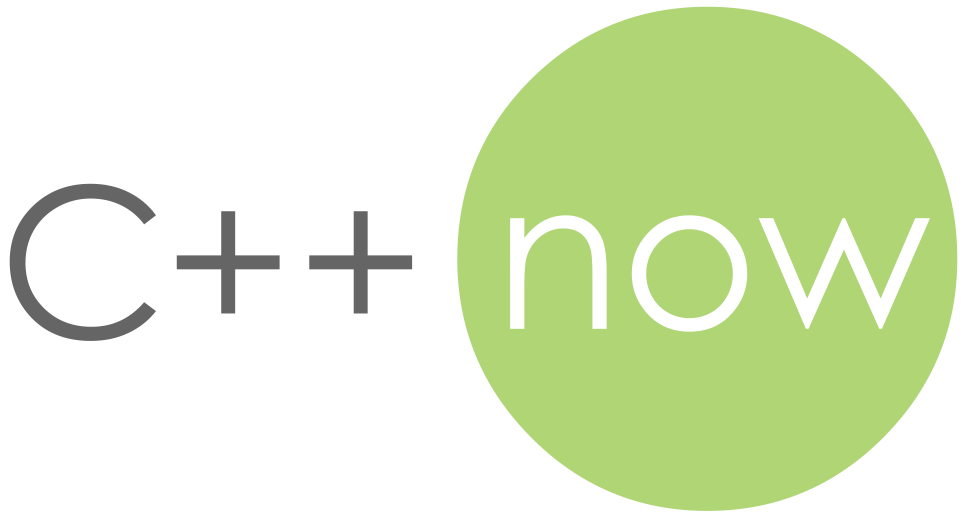PVS-Studio 7.29: Boost smart pointers, plugin for Qt Creator on macOS
PVS-Studio 7.29 has been released. Now you can analyze Java projects in a plugin for VS Code, check Boost smart pointers, use the PVS-Studio plugin for Qt Creator 12 on macOS, and that's not all.
PVS-Studio 7.29: Java code check in VS Code, Boost smart pointers, and plugin for Qt Creator on macOS
by Gleb Aslamov
From the article:
The C++ analyzer now supports smart pointers from the Boost library:
boost::unique_ptrandboost::shared_ptr. Now the PVS-Studio analyzer is able to detect errors such as null pointer dereferences when these classes are used.

